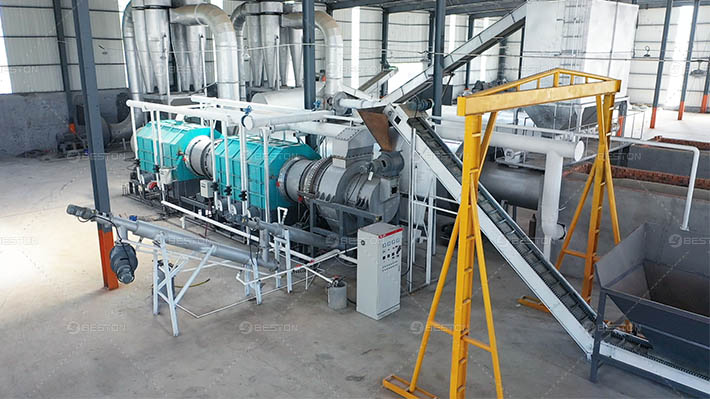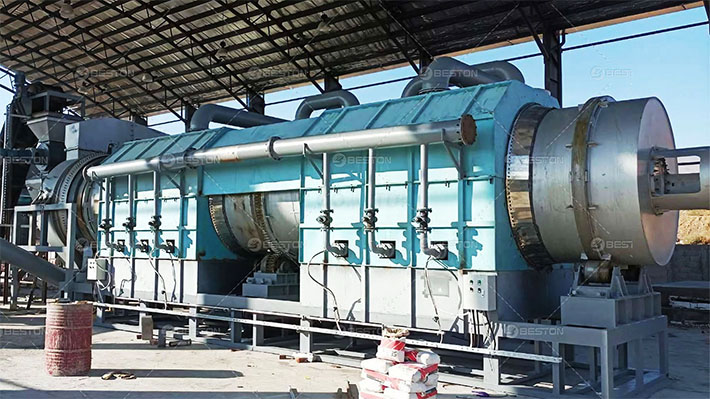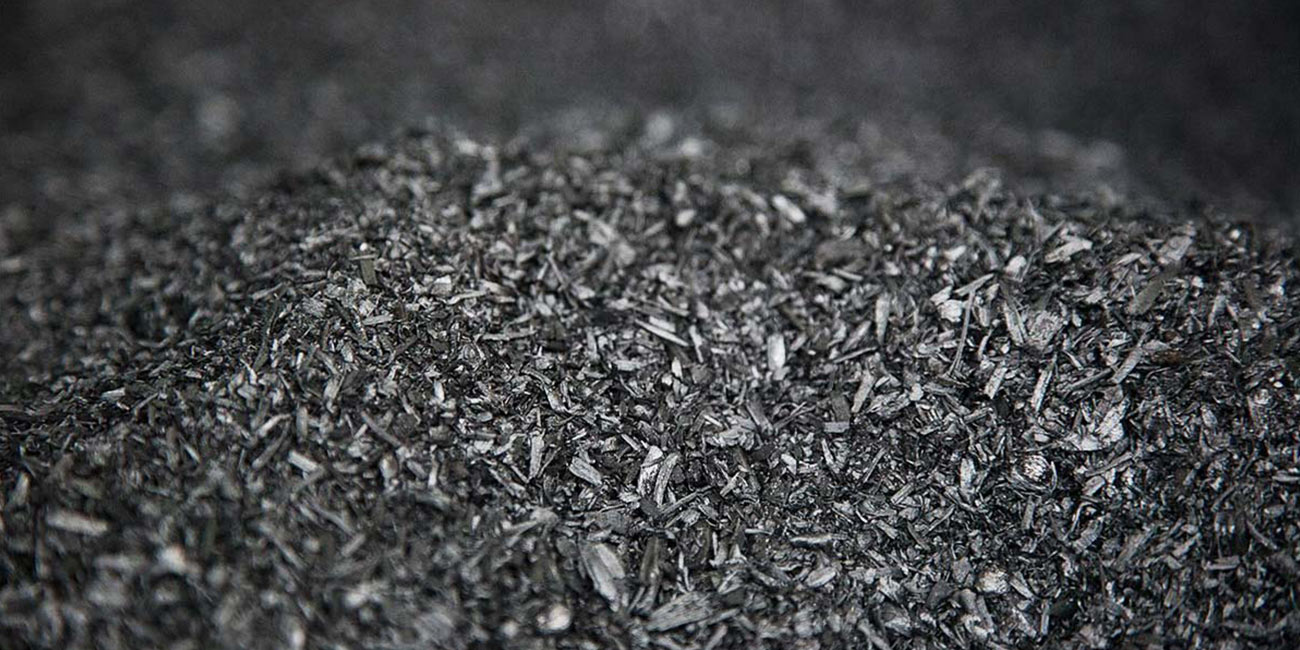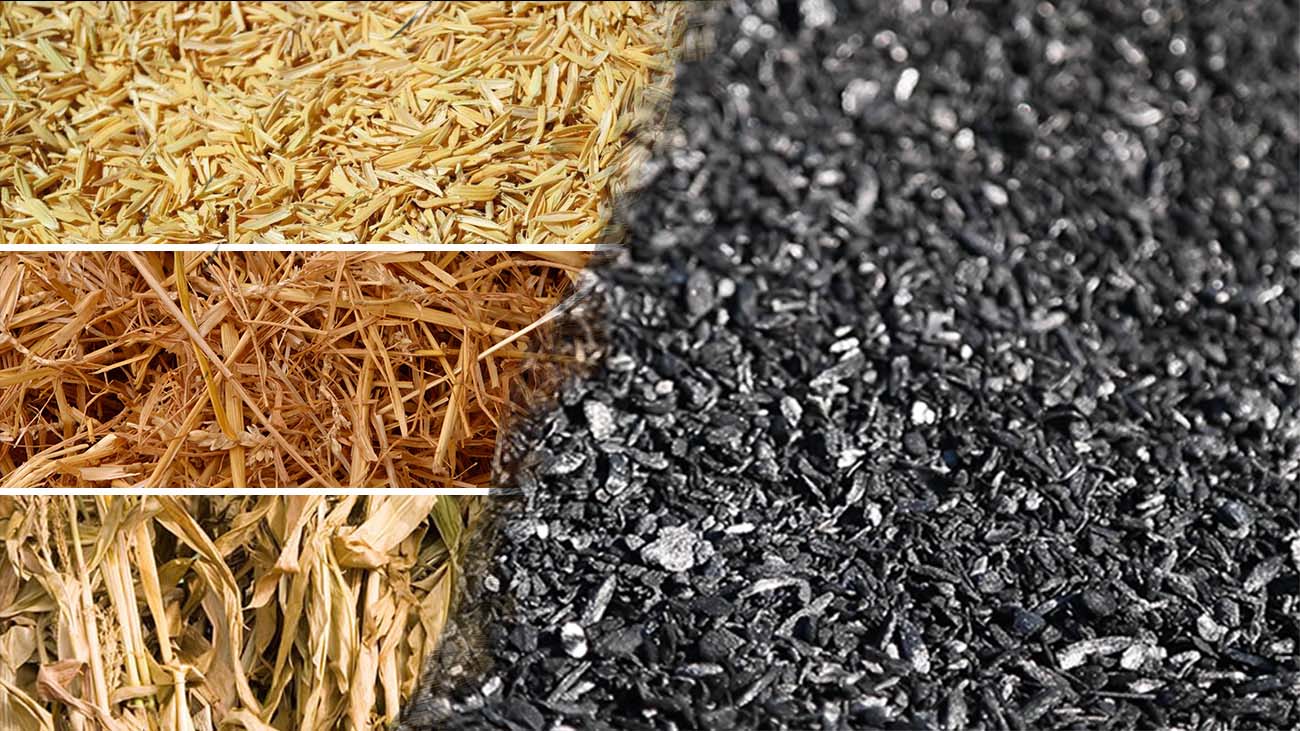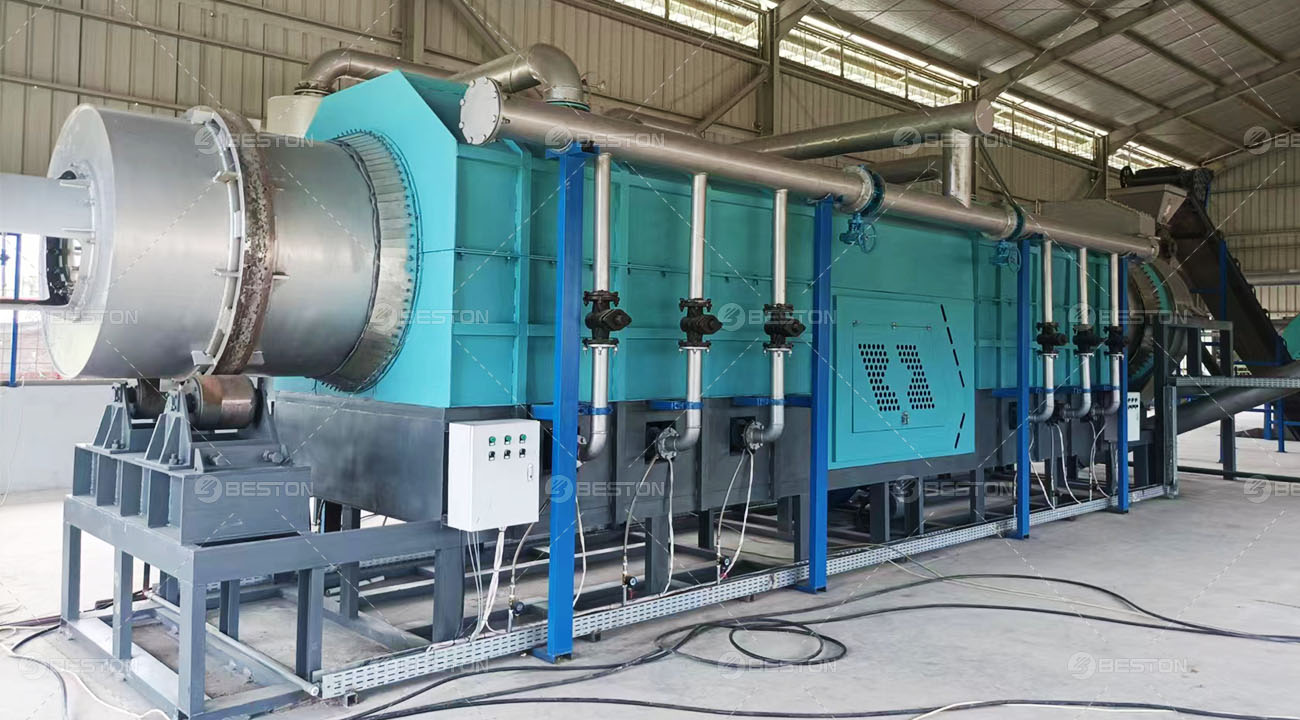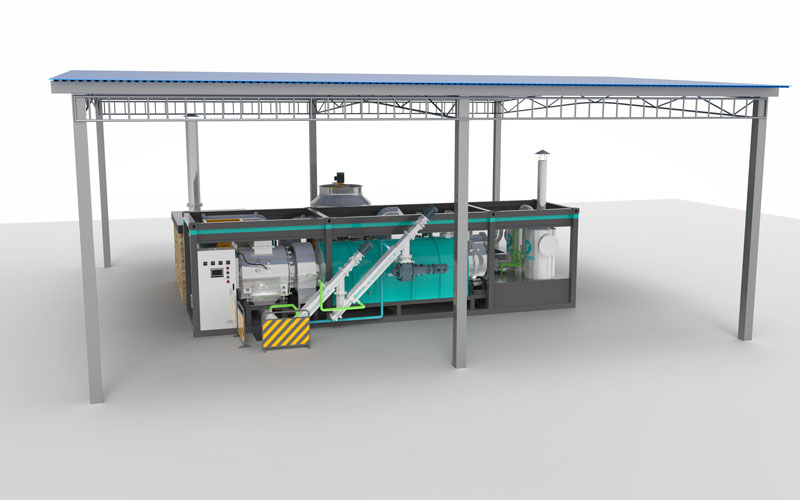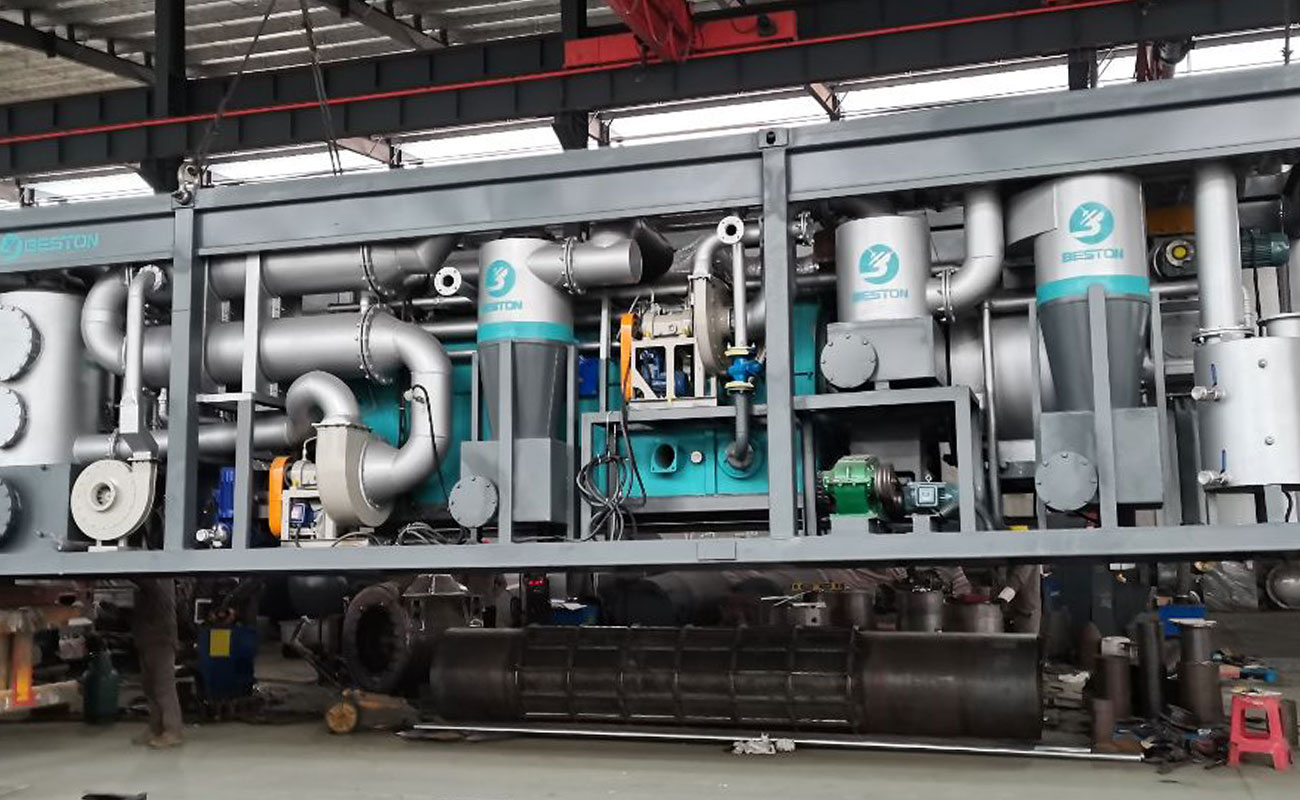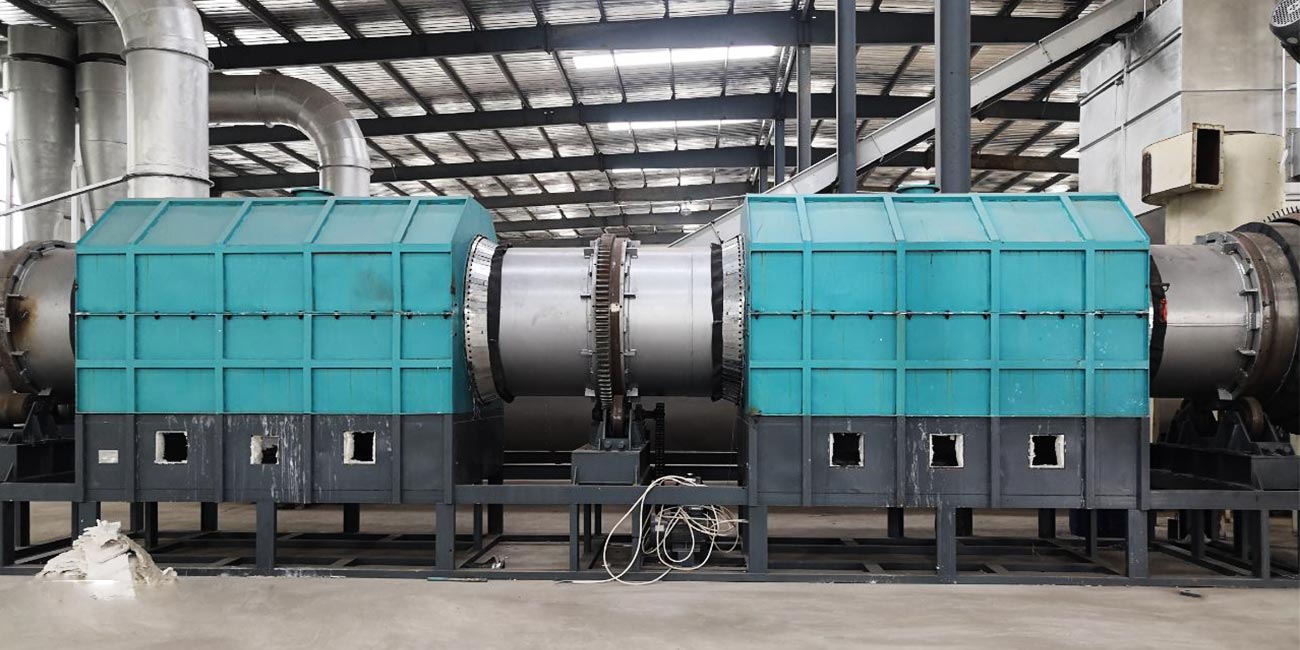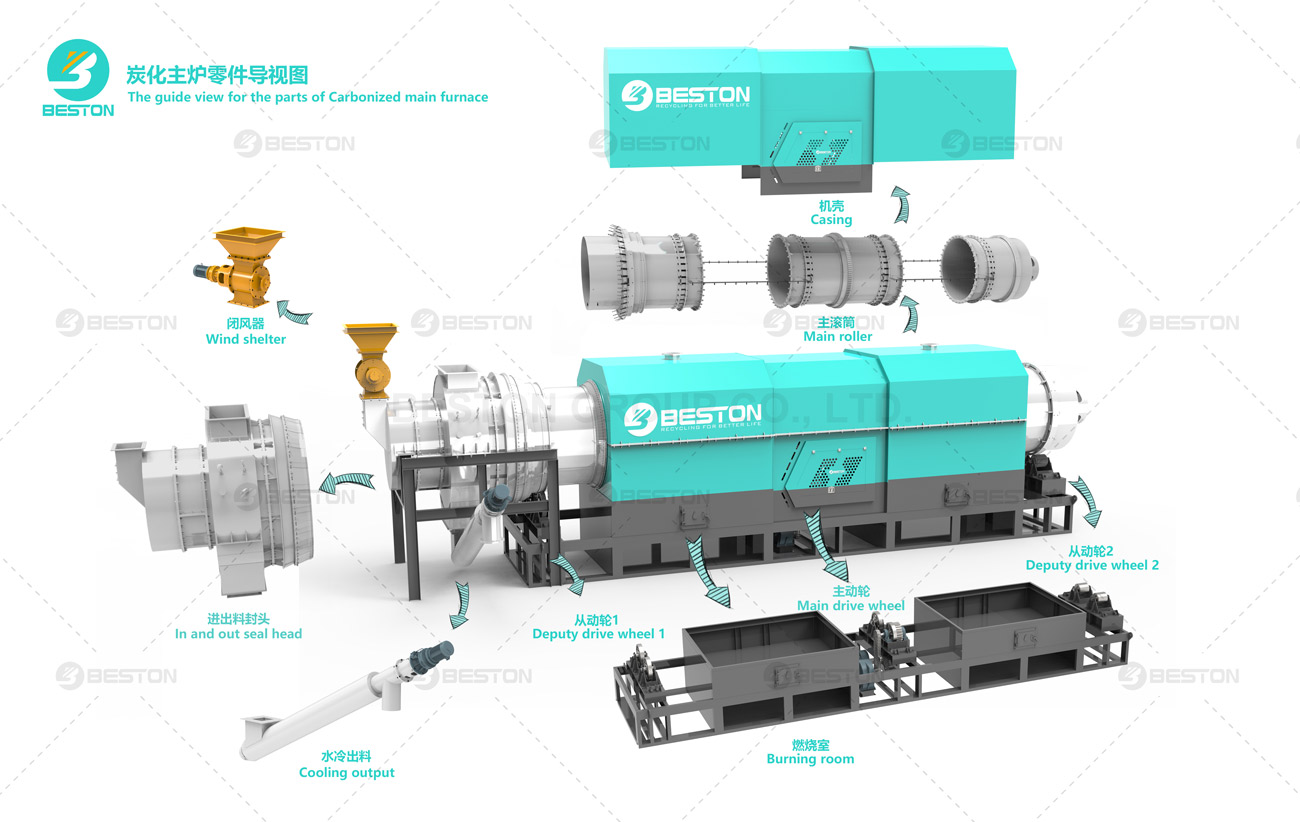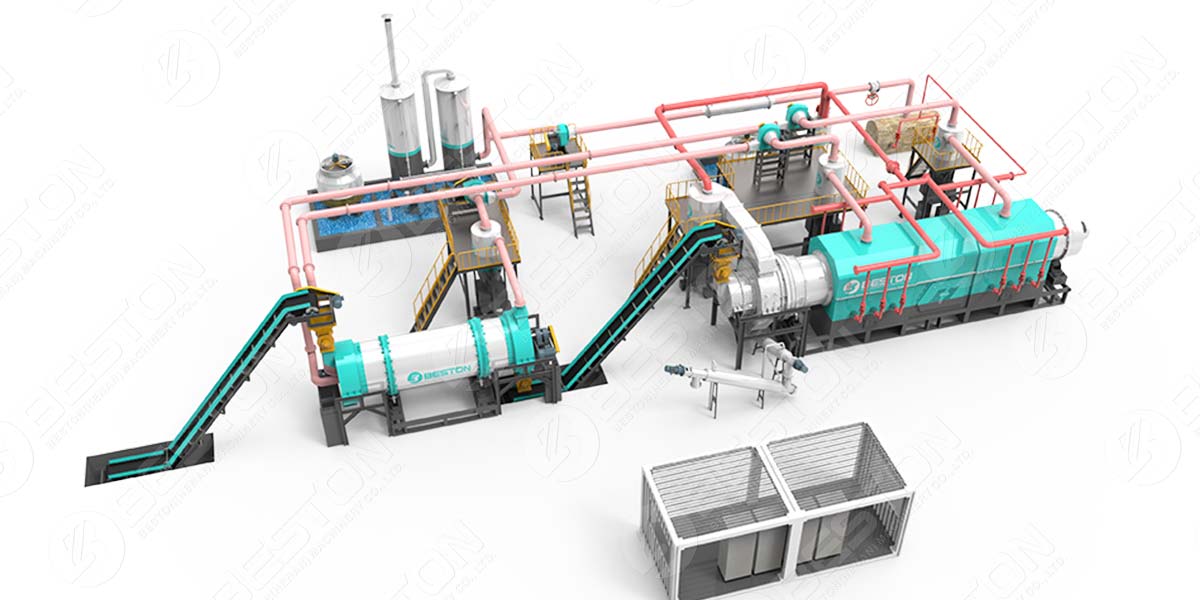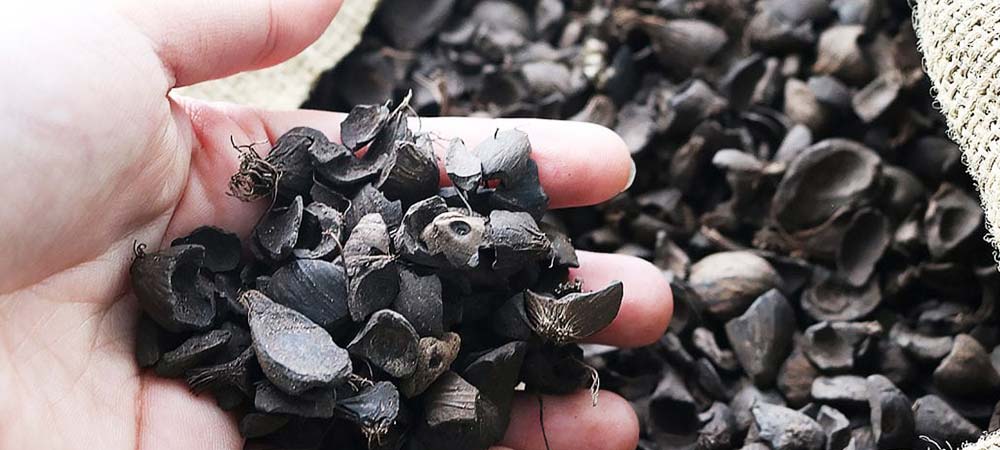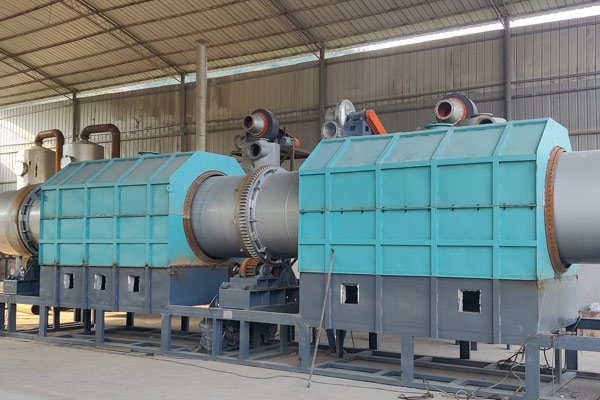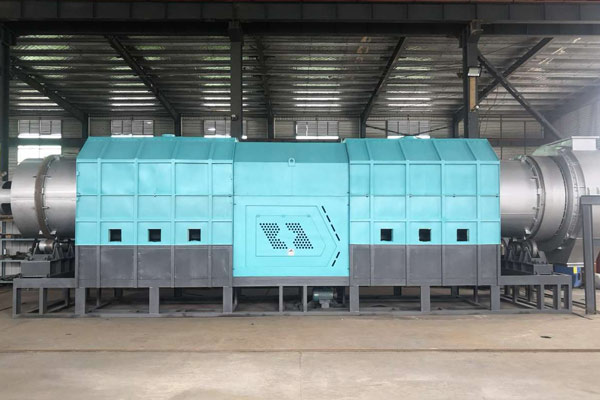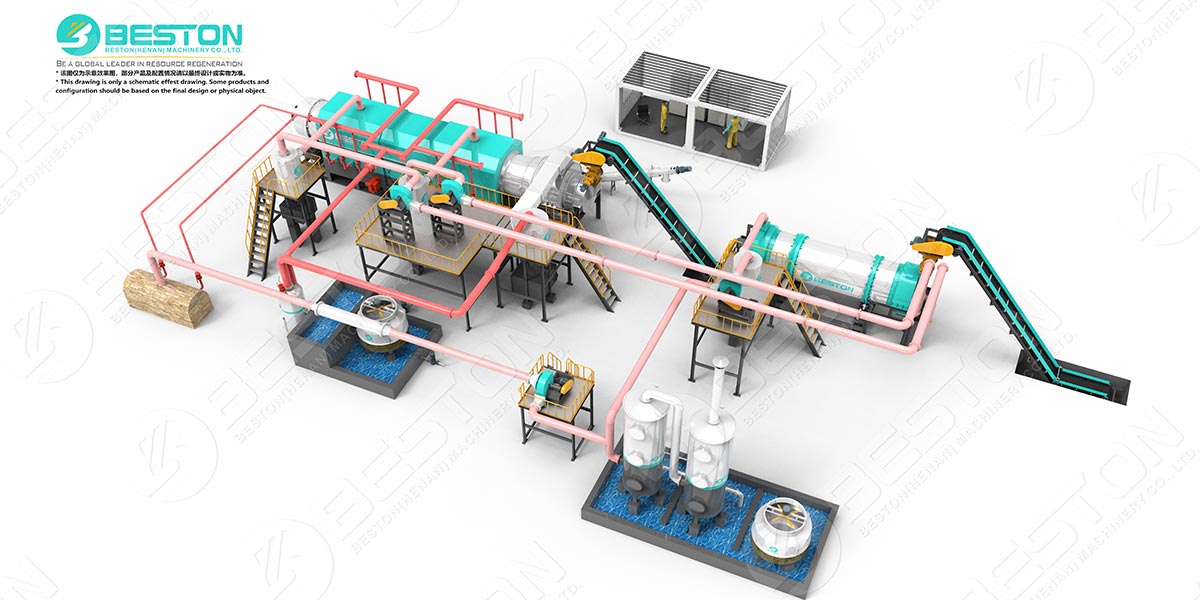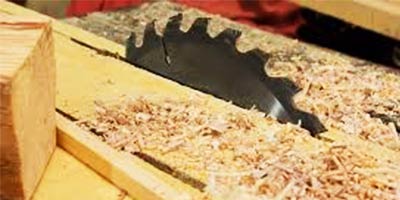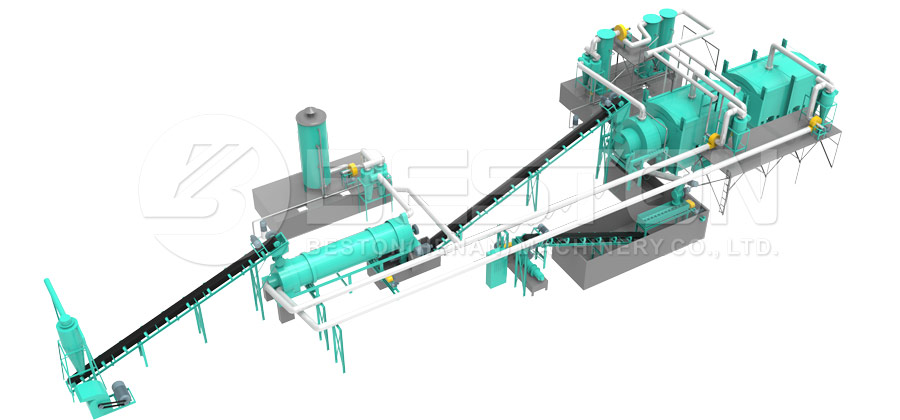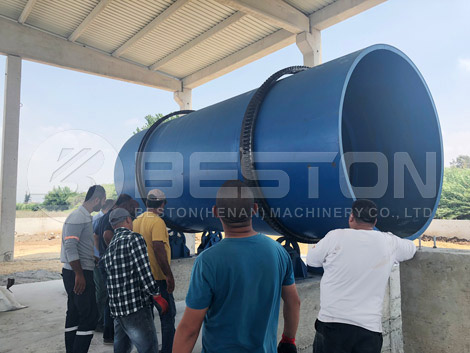Introduction
Investing in a coconut shell charcoal making machine represents a strategic move towards sustainable production and efficient waste management. Coconut shells, a byproduct of coconut processing, are increasingly recognized for their value in charcoal production due to their high carbon content and low ash production. However, purchasing a machine for making charcoal from coconut shell involves several considerations to ensure a profitable and effective investment. This article outlines the key factors to evaluate when investing in a coconut shell charcoal making machine, focusing on aspects such as machine price, efficiency, and operational requirements.
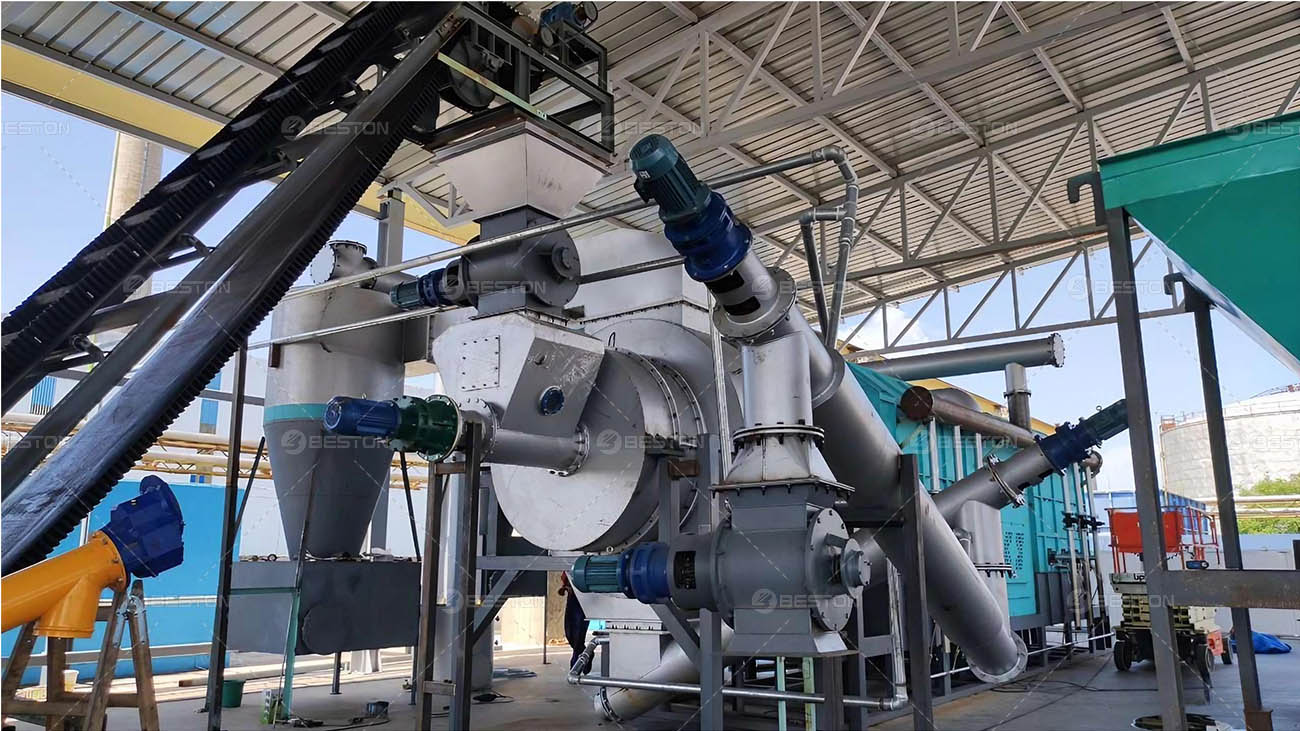
Key Considerations for Investment
Understanding Machine Specifications
Capacity and Throughput
The capacity of the coconut charcoal making machine is a critical factor to consider. This refers to the amount of coconut shell the machine can process within a given time frame. Machines with higher capacities are suitable for large-scale operations, while smaller units may be more appropriate for smaller businesses. Evaluating throughput helps in aligning the machine’s capabilities with production goals and market demands.
Fuel Efficiency and Energy Consumption
The efficiency of the machine in converting coconut shells into charcoal impacts both operational costs and environmental footprint. Look for machines that offer high fuel efficiency, meaning they utilize energy effectively to maximize output. Machines with advanced technology often incorporate features that enhance energy efficiency, such as optimized combustion systems and heat recovery mechanisms.
Automation and Control Systems
Modern coconut shell charcoal making machines come with advanced automation and control systems. These features facilitate precise control over the pyrolysis process, ensuring consistent quality and reducing manual intervention. Investing in a machine with sophisticated control systems can lead to more efficient production and lower labor costs.
Evaluating Machine Price
Initial Investment and Budget
The coconut shell charcoal making machine price is a significant factor in the investment decision. Prices can vary widely based on machine capacity, technology, and additional features. It is essential to align the machine price with your budget while considering the long-term return on investment. Ensure that the initial cost is justified by the machine’s capabilities and potential profitability.
Cost of Operation and Maintenance
Beyond the initial purchase price, consider the ongoing operational and maintenance costs. This includes expenses related to fuel, labor, and regular maintenance. A machine with lower operational costs can contribute to higher overall profitability. Review the manufacturer’s guidelines on maintenance requirements and the availability of spare parts to avoid unexpected expenses.
Assessing Machine Performance
Quality of Charcoal Produced
The quality of charcoal produced by the machine is a crucial aspect. High-quality charcoal should have a high carbon content, low ash, and minimal smoke emissions. Ensure that the machine you choose produces charcoal that meets industry standards and customer expectations. This can impact marketability and customer satisfaction.
Durability and Build Quality
The durability and build quality of the machine influence its lifespan and performance. Machines constructed from high-grade materials and with robust design features are likely to withstand the rigors of continuous operation. Assess the machine’s construction and check for warranties or guarantees offered by the manufacturer.
Considering Technological Advancements
Pyrolysis Technology
The core technology behind coconut shell charcoal production is pyrolysis, a thermal decomposition process that converts organic material into charcoal, gas, and liquid byproducts. Modern machines utilize advanced pyrolysis technology to enhance efficiency and output. Understanding the different pyrolysis methods and their advantages can help in selecting a machine that aligns with production needs. Therefore, the R&D capability of the equipment manufacturer is particularly important. If you want to choose a carbon making machine manufacturer with excellent technology, Beston Group Co., Ltd. is a good choice.
Integration with Other Systems
Consider whether the machine can be integrated with other systems, such as feeding and drying equipment. Integration can streamline the production process and improve overall efficiency. Evaluate the compatibility of the charcoal making machine with other components in your production line.
Compliance and Environmental Impact
Regulatory Compliance
Ensure that the machine complies with local regulations and environmental standards. This includes emissions regulations, safety standards, and waste management requirements. Compliance with regulatory standards is crucial for avoiding legal issues and maintaining operational permits.
Environmental Considerations
The environmental impact of the machine should be assessed. Look for machines that incorporate features to minimize environmental impact, such as efficient dust and smoke control systems. Sustainable practices in charcoal production not only benefit the environment but can also enhance the company’s reputation.
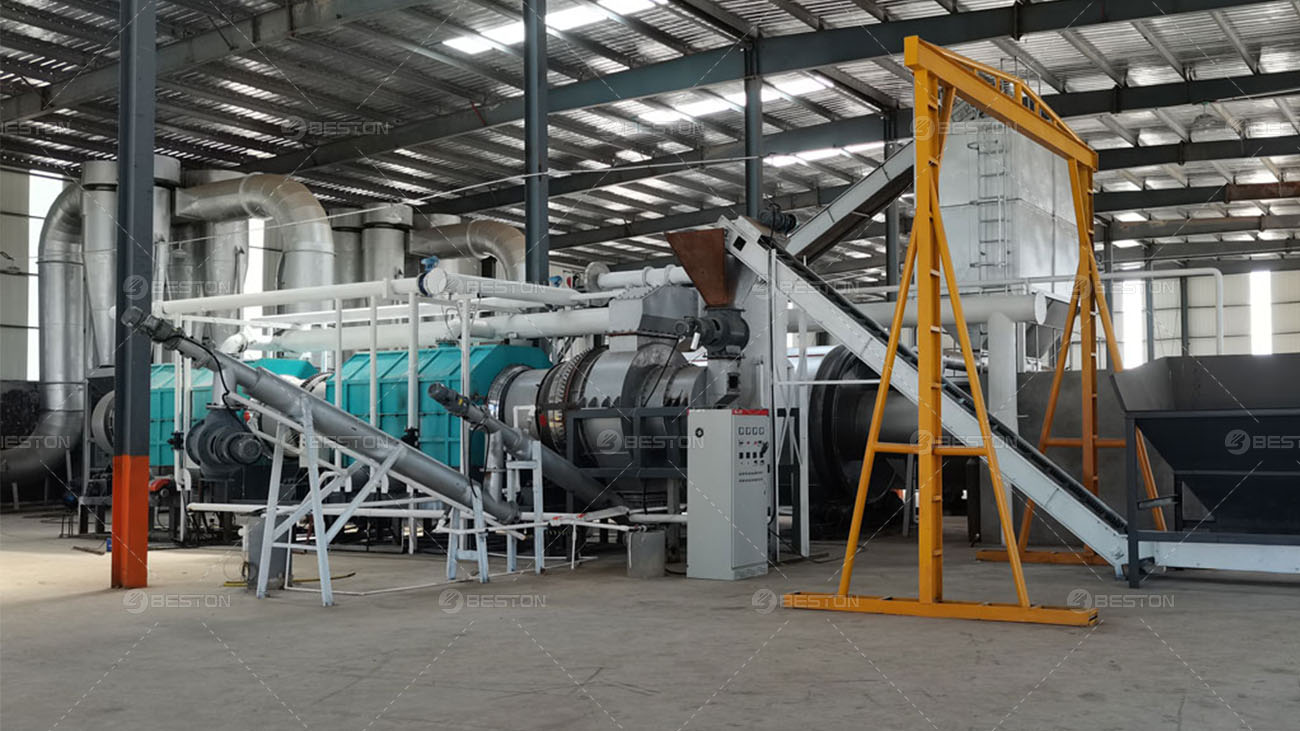
Supplier Reputation and Support
Manufacturer’s Reputation
Research the reputation of the machine’s manufacturer. Established manufacturers with a track record of reliability and customer satisfaction are more likely to provide high-quality products and support. Check customer reviews, case studies, and industry references to gauge the manufacturer’s credibility.
After-Sales Support
Evaluate the level of after-sales support offered by the manufacturer. This includes technical support, training, and availability of spare parts. Adequate support can significantly impact the machine’s performance and longevity. Ensure that the manufacturer provides comprehensive after-sales services to address any issues that may arise.
Conclusion
Investing in a coconut shell charcoal making machine involves careful consideration of several factors to ensure a successful and profitable operation. Understanding machine specifications, evaluating price and performance, and considering technological advancements are crucial steps in making an informed investment decision. Additionally, compliance with regulatory standards and assessing supplier reputation contribute to a sound investment strategy.
By thoroughly evaluating these aspects, you can select a coconut shell charcoal making machine that meets production goals, aligns with budgetary constraints, and supports long-term profitability. The right machine will not only enhance production efficiency but also contribute to sustainable waste management and resource utilization.
